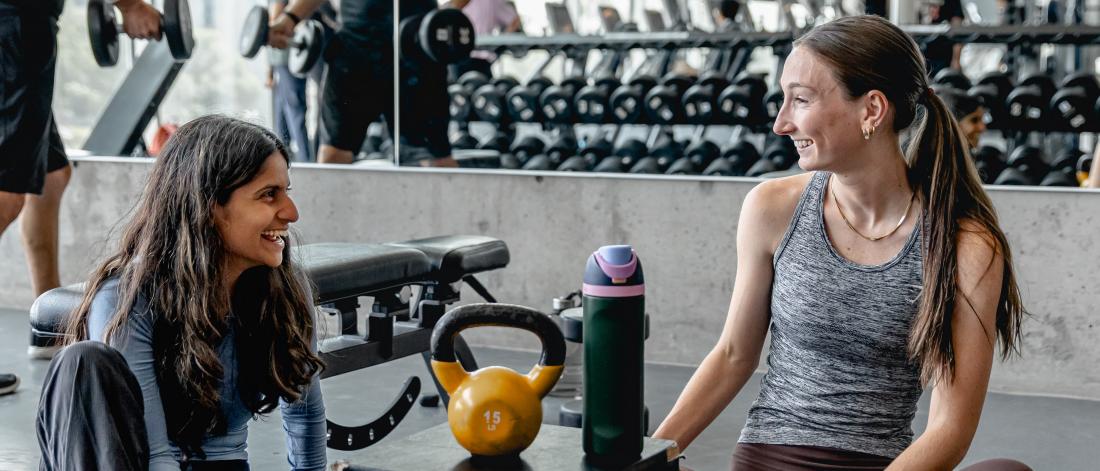Self-compassion involves offering oneself care and support during challenging times. Self-regulation describes the process of managing your health behaviours. Successful self-regulation involves actions like setting goals, monitoring goal progress, and adjusting behaviours when insufficient progress has been made.
The lab is examining self-compassion in relation to the self-regulation of health behaviours with a primary focus on physical activity. Whether self-compassion helps people self-regulate their health behaviours and enhances their well-being, including looking at people with or at risk for chronic disease, everyday exercisers, parents of young children, and athletes.

